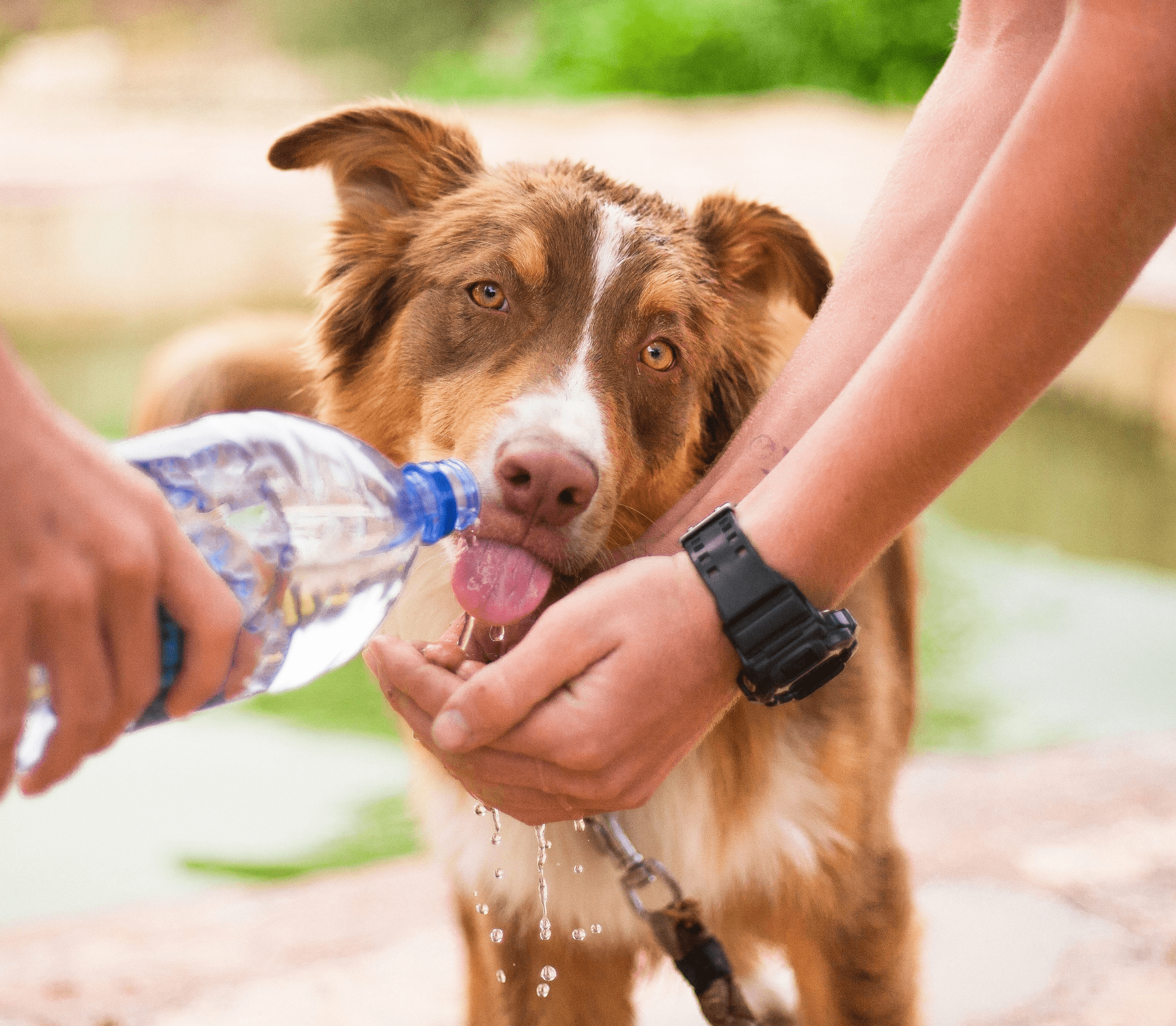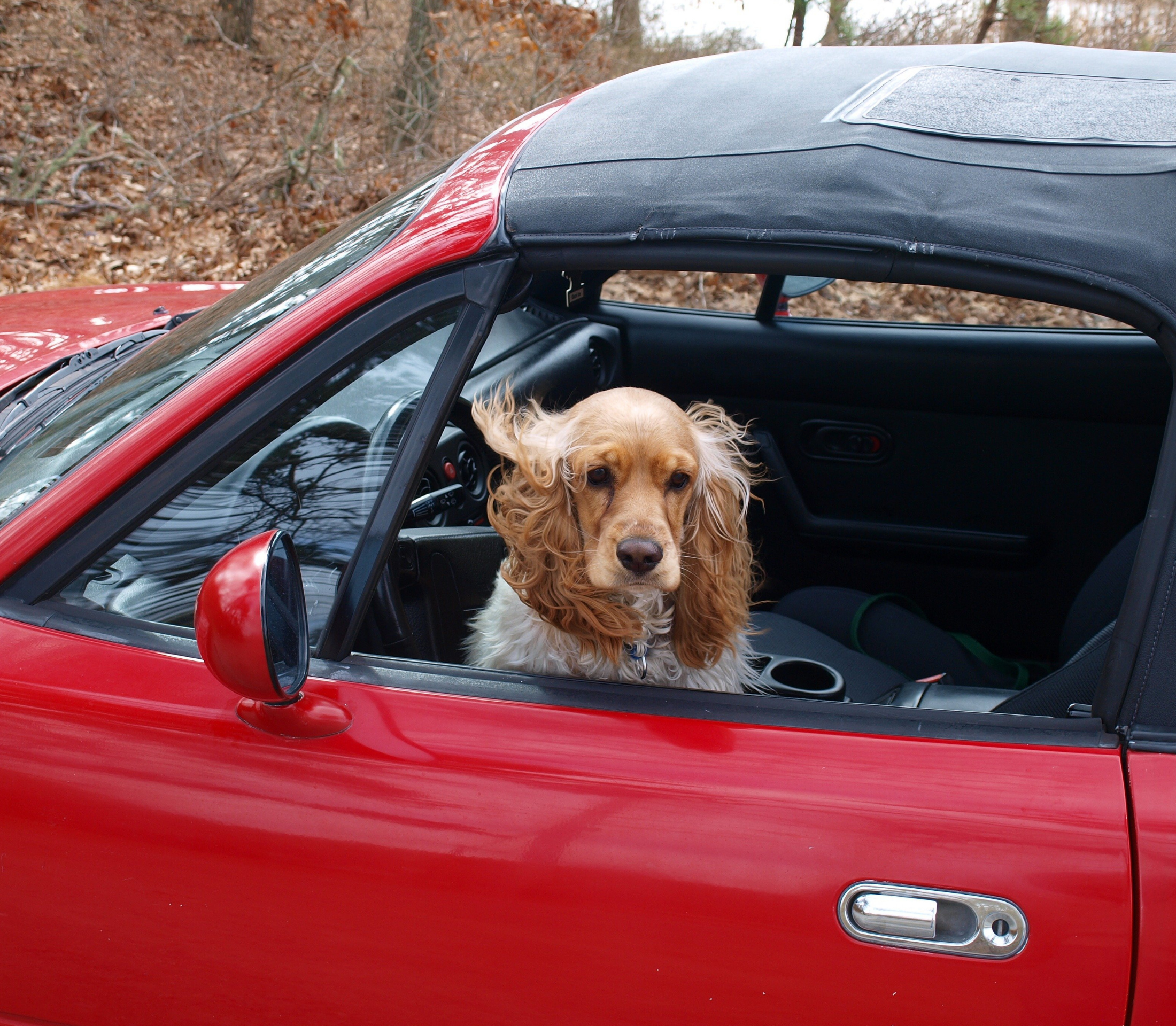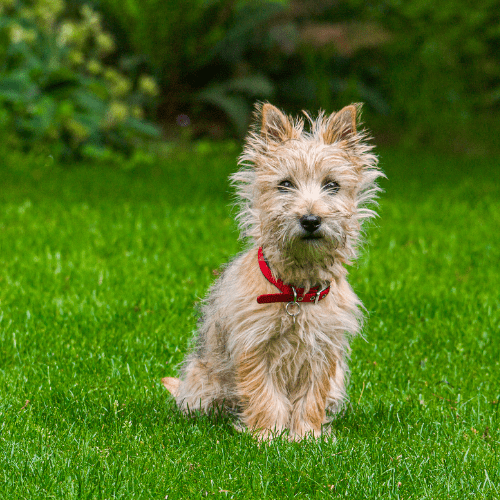Cool Summer Treats for Dogs
Does your dog love snacks? We’re guessing the answer to that question is probably yes. If there’s one thing our canine patients unanimously enjoy, it’s treats! One great way to pamper your pup this summer is to offer him some special cold snacks. A Washington DC vet offers some great suggestions for cold doggy treats in this article.
Pupsicles
Get some wax-paper cups, and add chew sticks, broken doggy treats, or cooked, shredded meat or chicken. You can also add cheese, bacon bits, or pieces of kibble. Pour water or sodium-free broth into them, and freeze overnight.
PB Chicken
Mix natural peanut butter with some chicken stock, and freeze it in small portions. Voila! Instant happy dog.
Burger Bits
Cook some plain hamburger or turkey. Add water to thin the mixture out. You can include cheese and bacon bits for extra tail wags. Use an ice cube tray to divide the mixture into small servings. Or, get some cute treat molds for Fido. Keep it in the freezer overnight.
Kong Toy
Kong toys can keep Fido occupied for hours. On hot days, fill your pet’s toy with peanut butter, sodium-free broth, organic baby food, or water. Freeze it before giving it to him.
Apple Snacks
Get an ice cube tray and fill it with sliced apples, shredded chicken, cheese, and/or bacon. You can also use cooked, boneless turkey; cooked peas and carrots; and rice. Pour sodium-free broth into it and freeze overnight. Give Fido a few on sweltering days.
Doggy Ice Cream
Who doesn’t love ice cream on a hot day? To make doggy ice cream, start with a base of natural peanut butter, plain yogurt, ripe bananas, or pureed pumpkin. You can also add sodium-free broth, wheat-germ oil, or organic baby food. To customize your furry buddy’s snack, add bacon bits; kibble; dog-safe fruits and veggies; meatballs; chees; or cooked, plain, boneless meat, chicken, or fish.
Tips
Never give Fido garlic, onions, or chives; pitted fruits; chocolate; caffeine; meat on the bone; grapes, currants, or raisins; nuts; chocolate; or pitted fruits, particularly avocado. These things are all toxic to our canine friends! Junk food, alcohol, and raw meat or dough are also on the no-no list, as is anything that contains xylitol. Ask your vet for more information.
Please feel free to contact us, your Washington DC vet clinic, anytime. We’re here to help!



